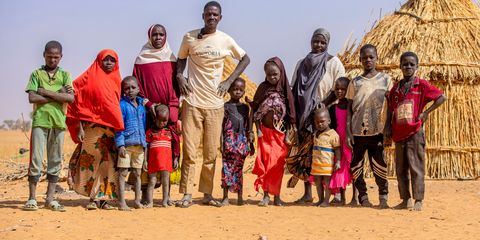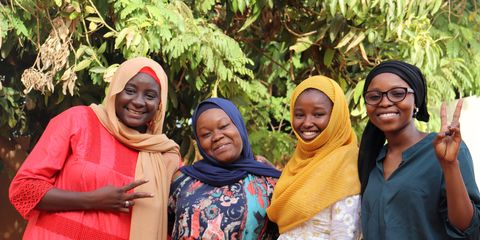In Niger’s Maradi region, Zina is able to access education despite long journeys to school. She enjoys daily rides on a cart and now has good grades.
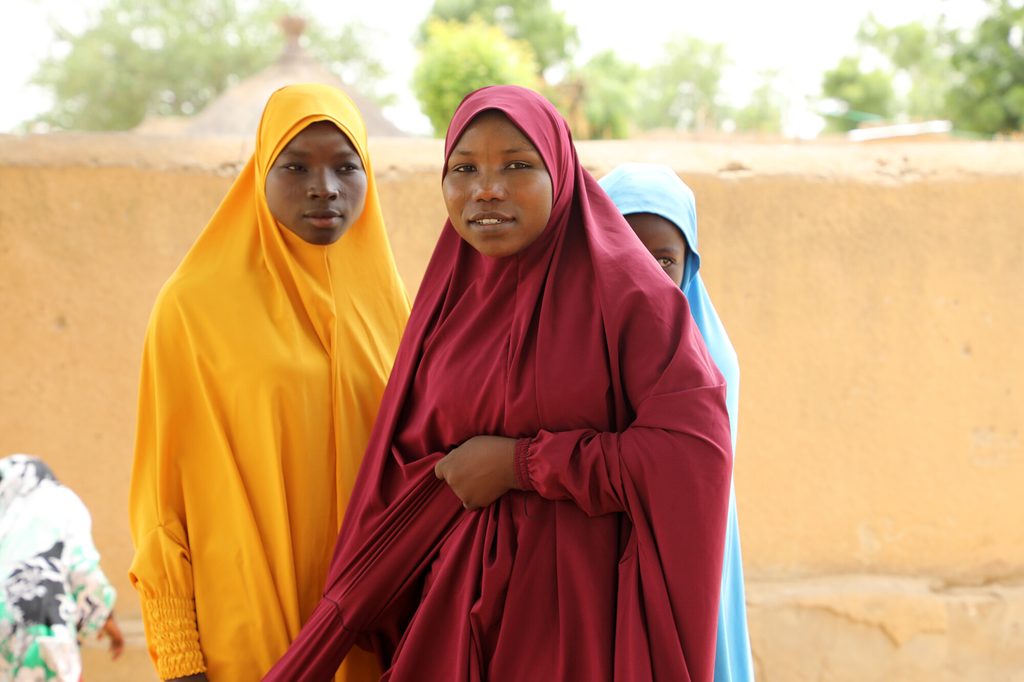
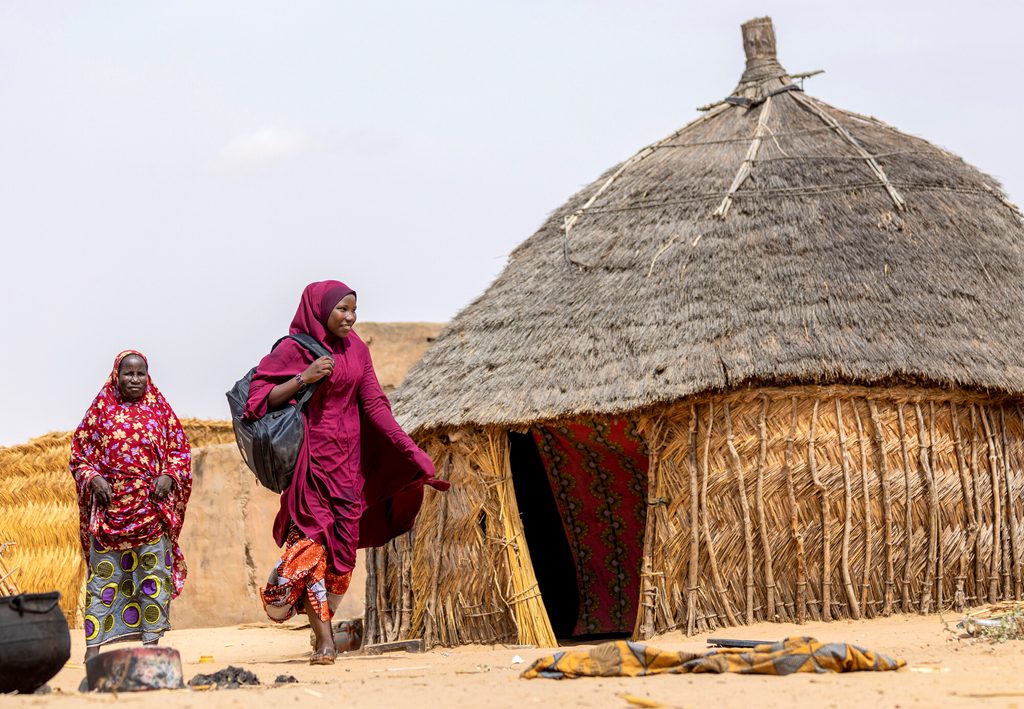
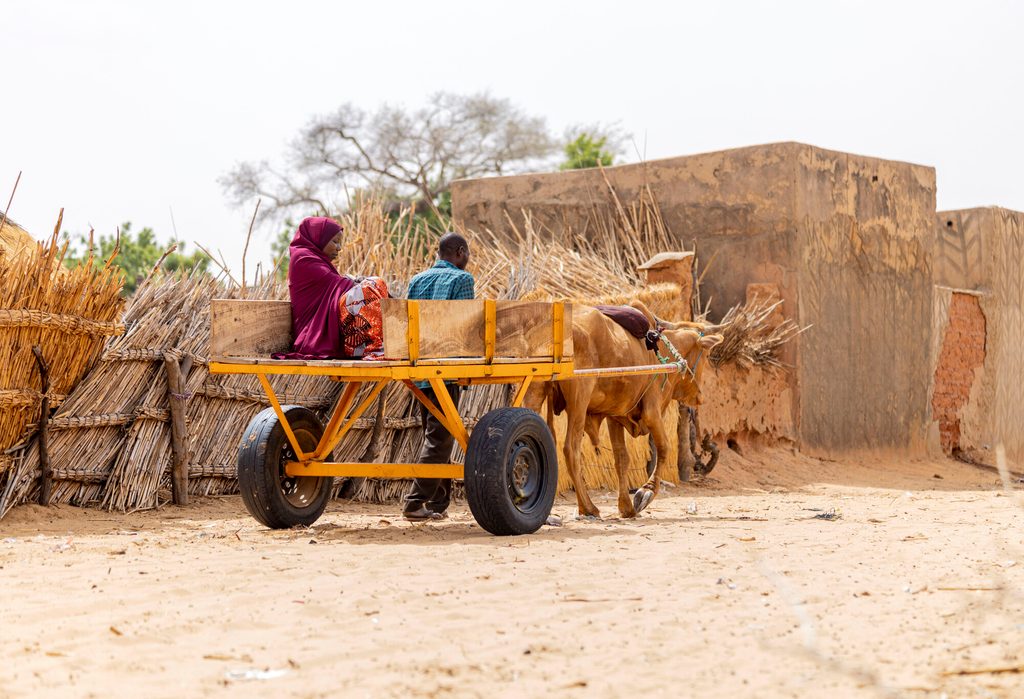
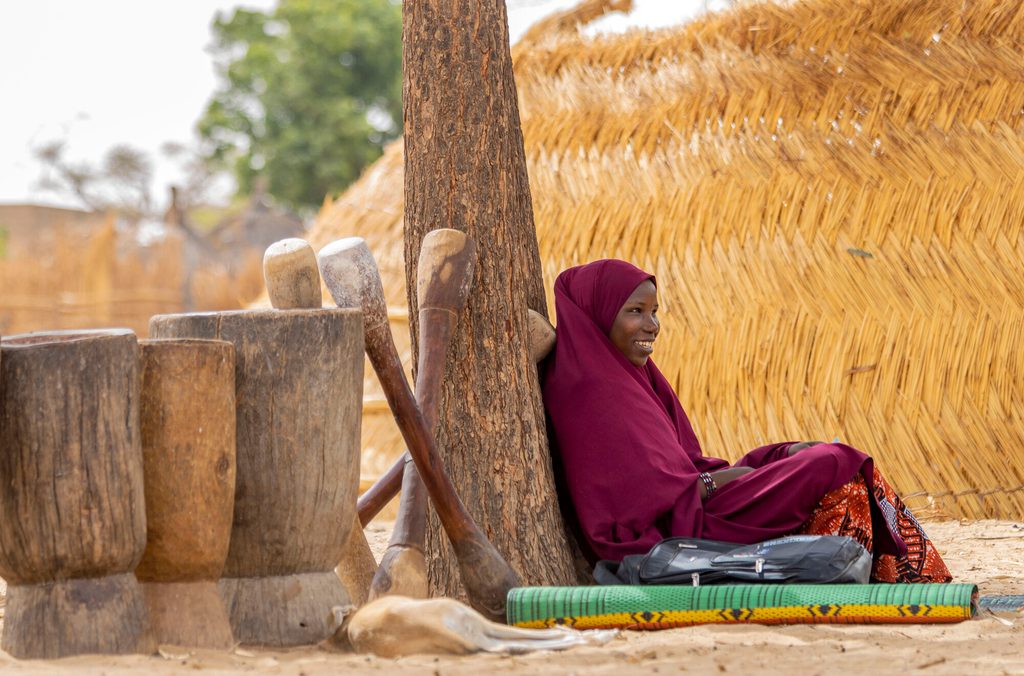
Sixteen-year-old Zina lives in a remote village in Maradi region, central Niger. Her school is 5 kilometres from her home, a journey she has to travel on foot every day, often without any breakfast. “I’ve been doing this since I was 7. I often arrive late and tired, and I don’t have the strength to follow the lessons. Because I’m so hungry, I cannot follow the lessons properly.”
Zina’s father is a farmer and her mother sells peanut oil. Between them, they don’t earn much and they sometimes struggle to cover the cost of their daughter’s education. “I am in third grade. When I was little, I was almost taken out of school because my parents could not afford to buy me school supplies.”
At school on a empty stomach
Niger’s food crisis is having an additional impact on the number of children in school as pupils are unable to concentrate fully on an empty stomach. It’s common for families in this situation to take their children out of school so they can work. This is often the family’s only option if they want everyone to eat that day.
“My school has no supplies. We pay for our food from the vendors who set up their tables in the school yard. My parents can sometimes give me a bit of money but I can’t buy enough to eat with it. We only eat food at home in the evening, we have porridge made from millet paste. When my father earns a little money, we can buy rice or corn,” shares Zina.
“With the arrival of the cart, I have more energy to spend on my work and am now getting good grades.”
16-year-old Zina
Plan International is working in Maradi to improve of the quality of teaching and learning in schools, as well as ensuring children are able to access education. To help Zina and other children living in remote villages get to school, we are providing communities with carts that are pulled by cattle.
Every morning, Zina and the other children in her village meet Mamane Oumarou who takes them to their school in a cow-drawn cart for a monthly wage of 10,000 FCFA (1.5 Euros). It takes less than an hour for the cart to make its way through the bush with 10 children on board, reaching the school at 8am, in good time for the start of morning lessons.
“There has been a big change in my life with the arrival of the cart. I’m less tired when I get to school and I get to class on time. I have more time and energy to spend on my work and am now getting good grades,” says Zina.
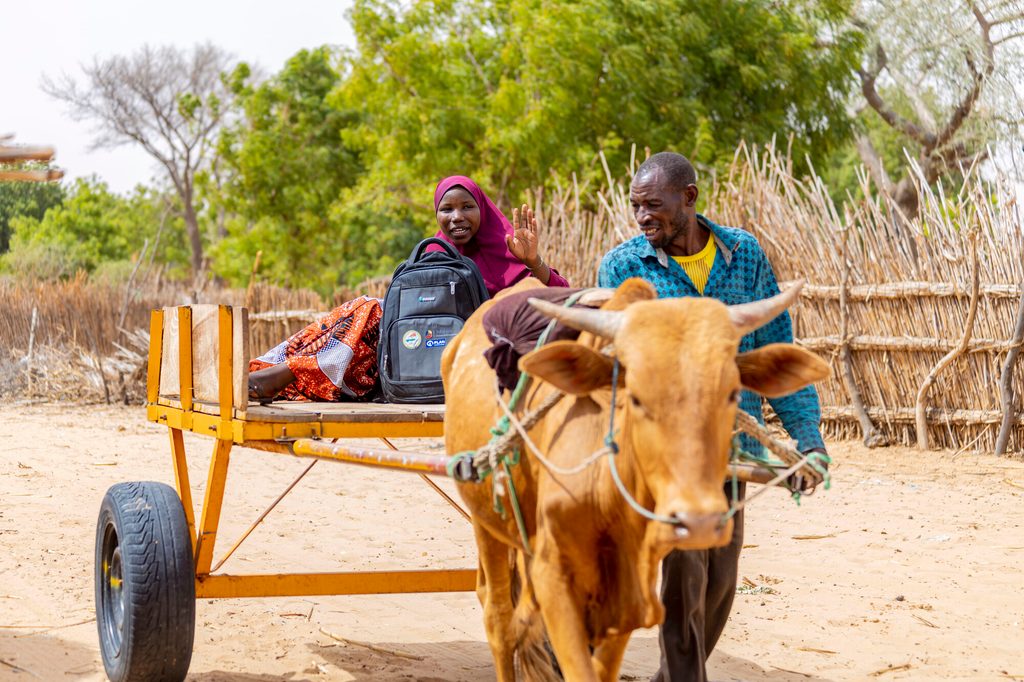
As well as helping the children get to school, the carts are also reducing parents’ concerns about their children’s ability to walk long distances to school safely. Children, especially girls, can be exposed to dangers or violence on their way to school.
Tutoring makes the difference
Once home, Zina has chores and homework to do. As her parents did not go to school, they are unable to help her with her homework. To make up for this shortcoming, tutoring classes are provided for students like Zina, to help them stay on top of their schoolwork.
“Every Monday, I take an extra tuition class. The teacher gives us help with the subjects we haven’t mastered in lesson. Thanks to these classes, I now understand all my subjects better. I also received school supplies, including a pen, notebook, soap, and a backpack which motivates me to continue my studies,” says Zina.
Responding to girls’ specific needs
Although many advances have been made in helping children from rural communities access school, there are still other factors preventing girls from attending school regularly such as the lack of separate toilets for girls and boys as well as washing facilities.
“Many girls don’t go to the toilet because they have to share it with the boys. When I have my periods, I leave school early for fear of leaking in front of the others, and when I need to pee I have to walk miles to the nearest village. However, this does not stop me from going to school because I have a dream to achieve,” explains Zina.
Plan International has listened to the voices of girls and is constructing separate latrines and washing facilities at the schools in Maradi. Zina is now excelling at school and has been appointed as spokesperson for her school government, a student body that enables pupils to draw attention to the concerns of the school community in a democratic and responsible way.
“Today I am first in my class and my parents are very proud of me. I’m ready for my exams, which I will take later this year,” says Zina. “I want to become a doctor to help the women in my village,” she concludes.
About the project
Plan International’s Economic Empowerment and Social Emancipation of Adolescents and Young People project, financed by the Directorate General for Development Cooperation and Humanitarian Aid of the Kingdom of Belgium, facilitates access to inclusive, quality education for adolescents aged 12-18, particularly girls, in an environment that empowers girls and involves boys to achieve gender equality.
In Niger, extreme poverty and the food insecurity are some of the barriers that prevent children going to school, and in rural locations, another obstacle is the long distances children have to travel to reach schools, with little transport available. In this Sahelian country, over 444,000 children needed support to access to school as of December 2023 according to UNICEF.
